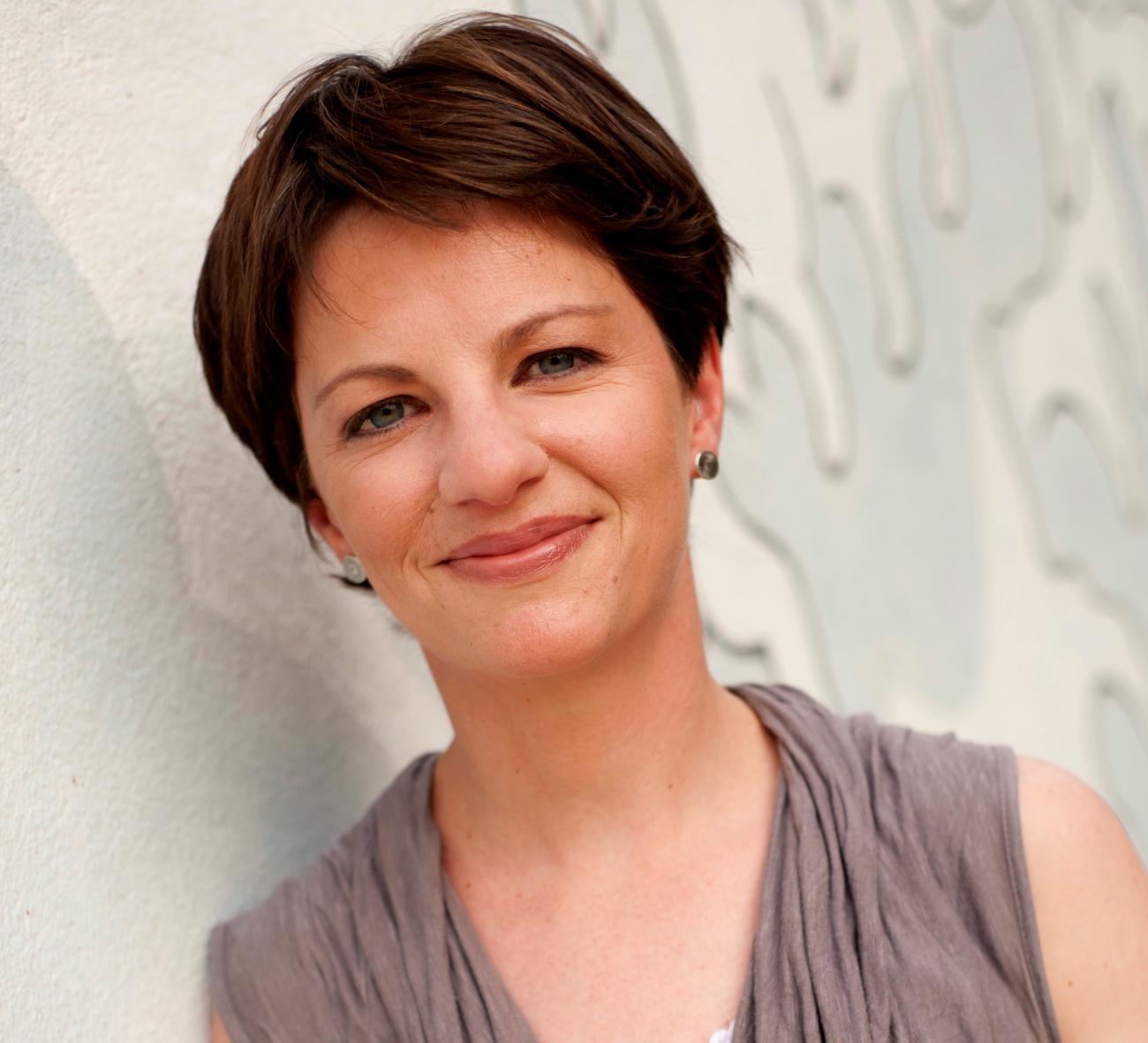Amanda Ripley
Amanda Ripley is a New York Times bestselling author and an investigative journalist who writes about human behavior and change for the Atlantic, the Washington Post and other outlets.
She is the author of High Conflict: Why We Get Trapped and How We Get Out, TheSmartest Kids in the World--and How They Got That Way and The Unthinkable: Who Survives When Disaster Strikes, and Why.
High Conflict (2021) describes what happens when regular conflict distills into a good-versus-evil kind of feud, the type with an "us" and a "them." In this state, the brain behaves differently, and the normal rules do not apply. High Conflict chronicles the journey of people who were trapped in very different kinds of conflict, from the personal to the political, and then found their way out.
Amanda’s recent Atlantic stories include a piece about the movement to fix TV news and another about the least politically prejudiced town in America. She’s also been investigating what journalists can do to revive curiosity in a time of outrage, in cooperation with the Solutions Journalism Network. Earlier in her career, Amanda spent a decade writing about human behavior for Time Magazine in New York, Washington, and Paris. Her work has also appeared in The New York Times, The Wall Street Journal, Slate, Politico, The Guardian and The Times of London. Her stories helped Time win two National Magazine Awards.
Find her on her website https://www.amandaripley.com/ and on Instagram and Twitter.



